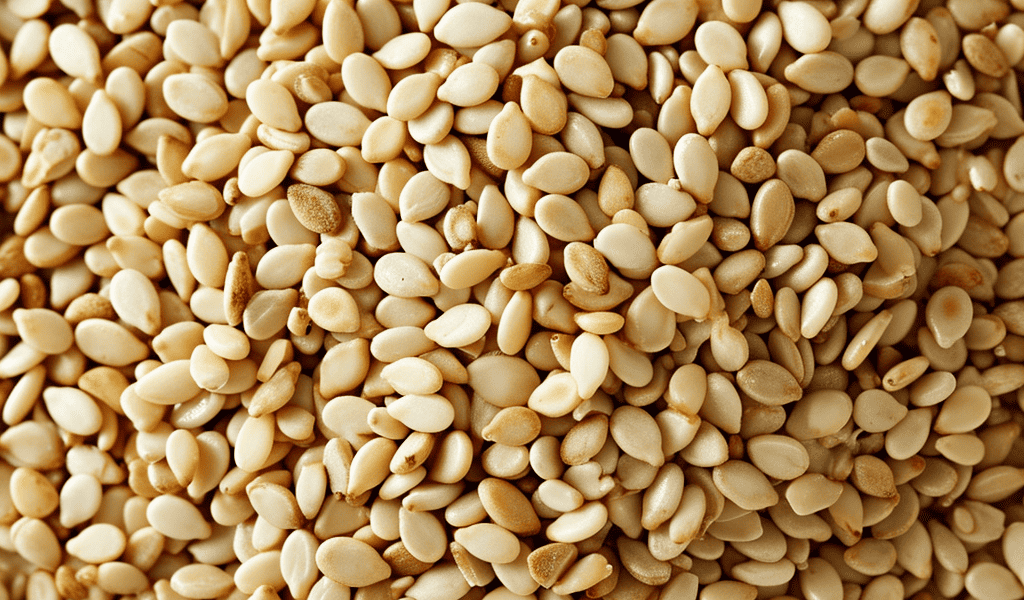‘GMA’ Deals & Steals for sleep solutions!
Are sesame seeds a superfood? Health benefits explained by a nutritionist
By Kelly McCarthy, January 09, 2024, 9:04 pm
“Superfood” has become a bit of a culinary buzzword, most often used by brands or influencers to sell more products with possibly empty promises. However, there’s a small and mighty contender packed with nutrients that could power an array of potential health benefits and make a great addition to an already balanced diet — one that might already be in your kitchen pantry: sesame seeds.
The tiny, flat, oval-shaped seeds are full of nutty flavor and used in a wide range of cuisines from different Asian and African foods to Latin American, Mediterranean and more. Plus, sesame seeds have dozens of culinary applications, from grinding it into paste to make creamy Tahini or toasting it to extract rich oils.
The protein-packed edible seeds that consumers are familiar with seeing on everything from salmon to bagels actually come from small green pods off the sesame plant (Sesamum indicum), which contains about 80 seeds inside, once hulled.
While there’s not a clear consensus from biologists regarding whether the plant originated in Southeast Africa or India, according to the Real Food Encyclopedia, historians generally agree that it was first cultivated at least 5,000 years ago in what is now Pakistan and India, where it has been a staple food for generations.
Traditional Chinese medicine and Ayurveda — ancient holistic Indian medicine — back the benefits of sesame, particularly in the winter months, however Western medicine has not yet backed that same idea with scientific evidence to support specific claims.
Health benefits of sesame seeds
“Like other seeds, sesame seeds are a good source of fiber and health fats. Sesame seeds are high in magnesium, vitamin E, iron and a good source of calcium,” Liz Weinandy, MPH, RDN, lead dietitian at the Ohio State University Wexner Medical Center, told “Good Morning America.”
Everyone has different dietary needs for their own biological makeup, so before making a significant change to your food intake, consult a primary care physician or nutritionist first.”Given sesame seeds are a good source of fiber and healthy fat, they are considered ‘heart-healthy,'” Weinandy said. “They contain other compounds that may help lower cholesterol and improve triglyceride blood levels.”





